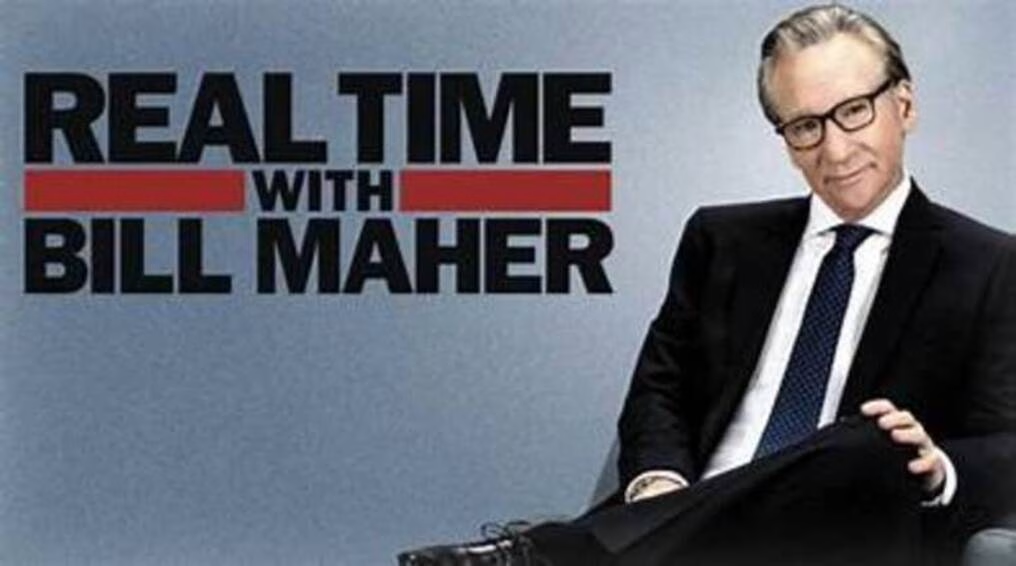By Ben Emos | Thursday, September 11, 2025 | 4 min read
Bill Maher has long been one of the sharpest voices in American media, unafraid to poke at sacred cows, politics, and religion alike. From his late-night monologues to his outspoken commentary on political talk shows, Maher thrives on controversy. But there’s one aspect of his identity that rarely surfaces in his public life, and it might be connected to the very conflicts he critiques: his Jewish heritage.
Maher’s mother is Jewish, while his father was an Irish Catholic. According to traditional Jewish law, this makes Maher Jewish — the matrilineal line determining Jewish identity has been a consistent standard for centuries. But Maher rarely claims the label publicly. On multiple occasions, he has referred to himself as culturally Catholic or simply atheist, often using humor to deflect religious discussion. He has joked about being a “lapsed Catholic” and critiques religion in general with the sharp wit that defines his career. And yet, the Jewish side of his heritage is undeniable.
So why the silence? The explanation may have less to do with personal identity and more to do with politics and positioning. Maher has been an outspoken supporter of Israel for years, especially as tensions in the Middle East have intensified. Much of his commentary focuses on Israel’s security and survival, and he regularly calls out voices he believes threaten that cause.
That stance hasn’t gone unnoticed. Even Dave Chappelle took a public swipe at Maher for avoiding criticism of Israel following the killing of more than 240 journalists, highlighting what some see as a selective approach to outrage.
In the U.S., conversations about Israel are among the most charged and divisive in public life. For a high-profile media figure, openly emphasizing a Jewish identity can invite relentless scrutiny, political labeling, or accusations of bias—pressures that Maher may be deliberately sidestepping. In that context, staying quiet can be less about denial and more about strategic caution.
In this sense, Maher’s reluctance to identify publicly as Jewish may not stem from a denial of heritage but from a calculated desire to keep the focus on the issues he discusses rather than on his personal background. In the current media climate, where religion and politics are so tightly intertwined, even a statement of identity can become a lightning rod. For Maher, the last thing he would want is for his analysis of Israel or the broader Middle East to be dismissed as self-serving because of his heritage.
Bill Maher’s relationship with religion has always been complicated. He identifies as an atheist and often takes aim at organized religion, challenging it on both ethical and philosophical grounds. At the same time, he hasn’t shied away from weighing in on Middle East politics, including outspoken support for Israel—most recently in the wake of its strike on Qatar, a position likely to surface in his monologues.
Still, Maher’s Jewish heritage is inseparable from his identity. In the United States, Judaism often extends beyond faith to encompass culture, history, and community, and Maher grew up surrounded by those influences even if he never practiced them religiously. The wit, skepticism, and irreverence that define his comedy reflect that background—a cultural lens that continues to shape how he interprets the world and challenges authority.
This tension between heritage and public identity highlights a broader issue: how public figures navigate their personal backgrounds in politically charged times. For Maher, saying “I am Jewish” in the midst of Israel’s ongoing conflicts could be interpreted in ways he cannot control. It could become a headline, a tool for opponents, or a distraction from the substantive points he is trying to make. So instead, he focuses on his positions and commentary, letting his heritage remain a quiet undercurrent rather than a banner.
Ultimately, Bill Maher is a reminder that identity is rarely straightforward. One can be Jewish by law and heritage while choosing to identify differently in public life. Maher’s Jewishness, though understated, informs his perspective in ways that are subtle but significant. It shapes his humor, his cultural references, and perhaps even the urgency with which he approaches certain geopolitical issues. But in an age where every personal label is politicized, sometimes the most honest declaration is to keep it private — to let the work, the commentary, and the ideas speak for themselves.
Bill Maher is Jewish. He just can’t always say it aloud — and for him, that silence is not denial. It is a strategic choice, one that allows him to engage with the world on his terms, navigating a minefield of politics, heritage, and public perception while still remaining unapologetically himself.
Trump Hit With Instant Karma as Judge Assignment Turns Against Him in $20 Billion Suit
Epstein’s Book Joked About Selling Women to Trump — Bondi’s Silence Shows GOP’s Collapse
Shocking Poll: 47% of Republicans Say They’d Support Trump Even If Linked to Epstein Crimes
DOJ Fights Hard to Cover up Identities of Epstein Associates Who Pocketed $100K and $250K
200 Executive Orders and Counting: Trump’s Pen Crushes Congress and the Constitution






